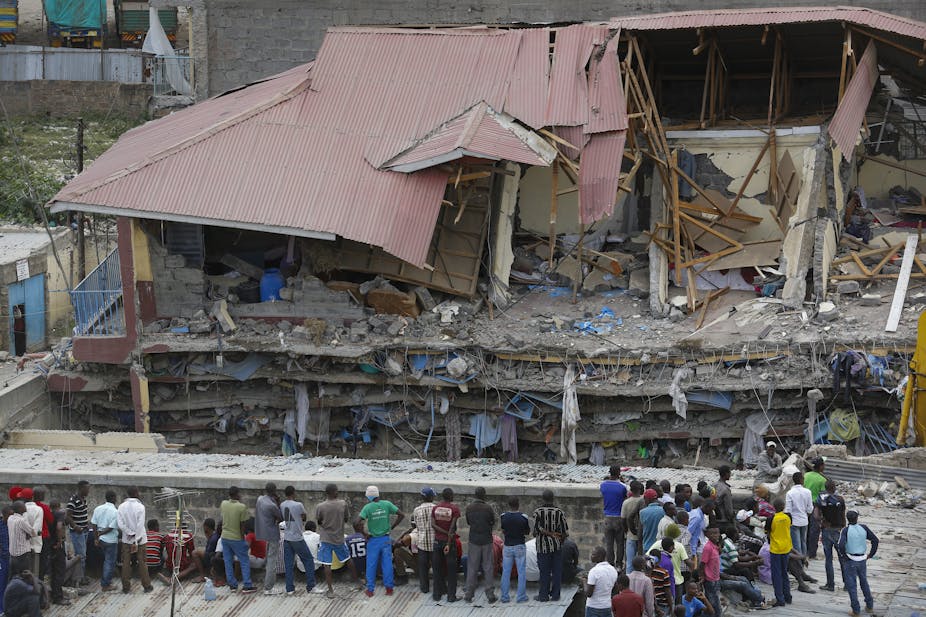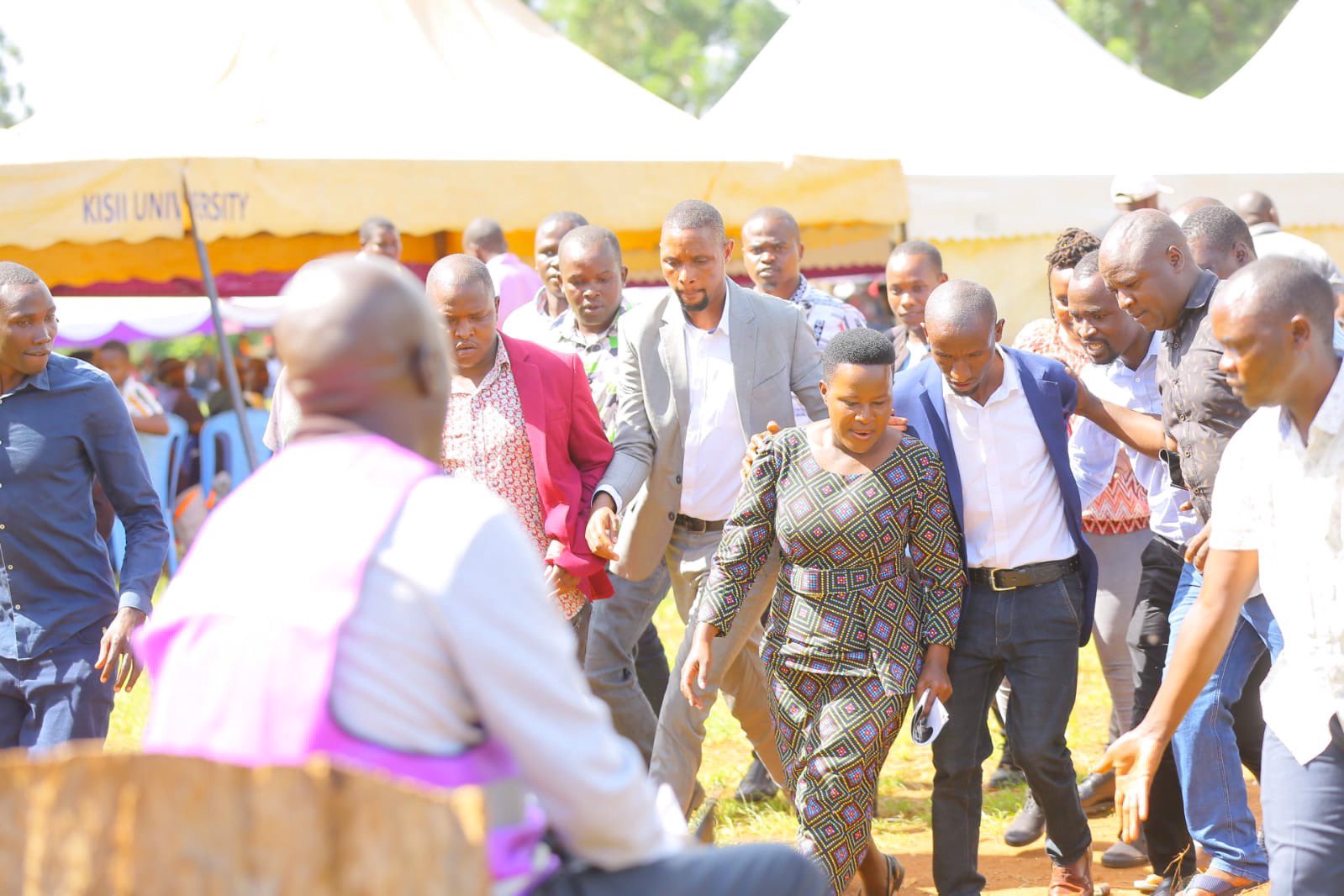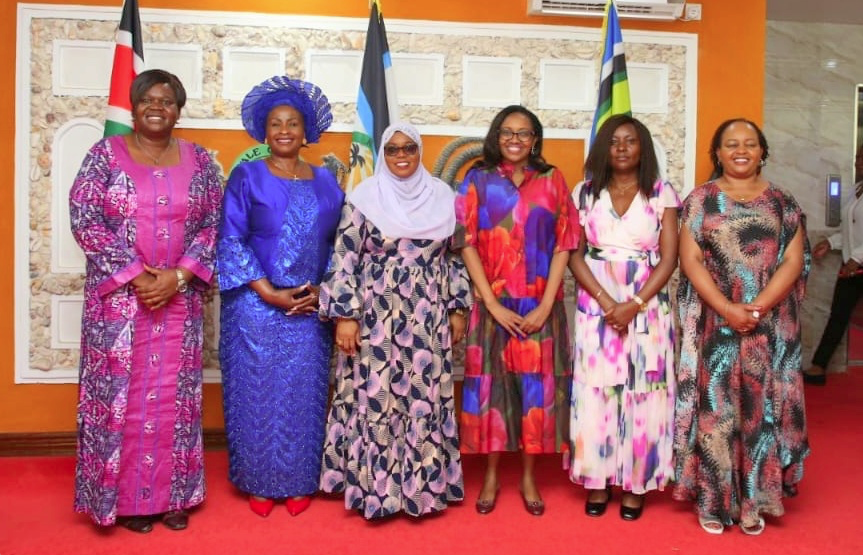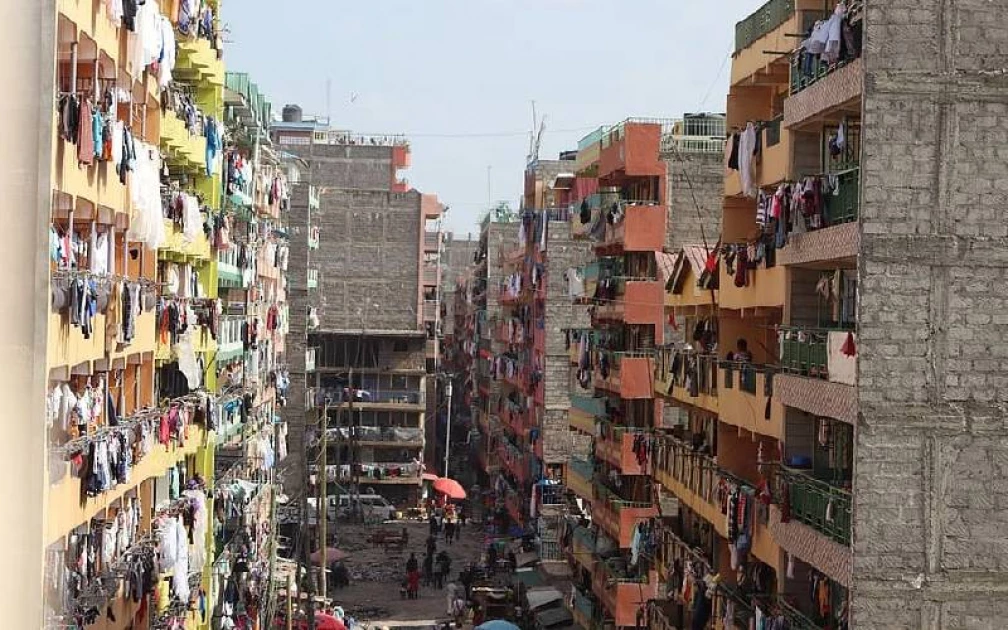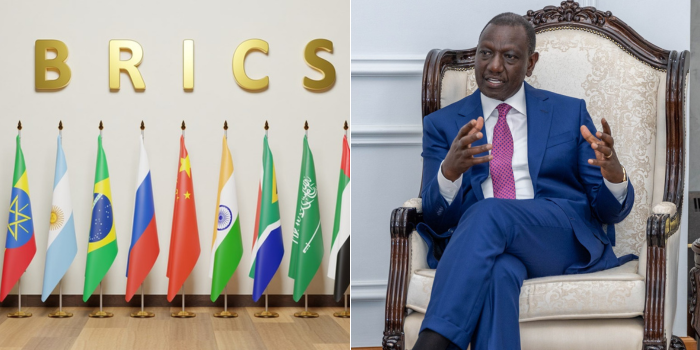Border Town Racism
Border towns often serve as microcosms of larger societal conflicts, leading to unique experiences of racism and discrimination based on regional identities. This article explores how the presence of diverse communities in border areas—combined with heightened tensions around immigration and cultural differences—exacerbates racial stereotypes and discrimination. By examining case studies and personal accounts from individuals living in these regions, the discussion will uncover the complex dynamics at play, including the economic factors, political climate, and cultural exchanges that contribute to racism in border towns.

The Role of Border Towns in Reinforcing Racial Stereotypes
Border towns exist at the crossroads of cultures and identities, yet they often embody a heartbreaking paradox. While these communities teem with diversity, they are also charged with tensions that heighten racial stereotypes and discrimination. The duality of life in these towns can create an environment where misunderstandings flourish, revealing the fragility of coexistence.
In towns like El Paso, Texas, situated across from Ciudad Juárez in Mexico, the blend of cultures should theoretically foster unity. However, the reality is far more complex. For many, the border symbolizes division rather than connection. Take the story of Elena, a Mexican-American woman who has lived in El Paso her entire life. Despite being proud of her heritage, she often finds herself navigating an atmosphere thick with prejudice. “Walking through the streets, I feel eyes on me—eyes that see me not as a neighbor but as a stereotype,” she confesses, her voice tinged with a mix of sorrow and frustration. The contrast between her identity and society's perception weighs heavily on her heart.
Economic factors further complicate life in border towns. Many residents rely on the local economy, which often depends on the labor of immigrant communities. Yet, even as these communities contribute significantly to the local workforce, a veil of resentment lurks beneath the surface. "They say we take jobs away, but we’re the ones building this place together," says Miguel, a border worker and father of two. “It’s painful to feel like a target when I’m just trying to provide for my family.”
Political rhetoric often inflames these sentiments. As debates about immigration swirl in the national discourse, towns like these become battlegrounds for broader societal conflicts. The impact is felt acutely; Elena recalls a heated town hall meeting where fear-mongering rhetoric was used to justify discriminatory practices. “It was terrifying to see neighbors turned against each other over lies,” she shares.
Culture clashes and misunderstanding further exacerbate the fragile fabric of these communities. Events meant to celebrate diversity can become flashpoints for conflict. When a local festival showcasing Mexican culture was met with protests, it highlighted the work still needed to build bridges. “All I wanted was to share my culture, to show that we’re all human,” Elena laments.
Yet, amid these challenges, there are sparks of hope. Local organizations are working tirelessly to foster dialogue and understanding, aiming to break down barriers and replace stereotypes with empathy. Community members like Miguel dedicate their time to initiatives that promote cross-cultural exchanges, believing that through education, they can combat the pervasive narratives that seek to divide them.
The road to healing in border towns is fraught with difficulties; the weight of history and societal pressures often feels insurmountable. Yet, as individuals like Elena and Miguel continue to share their stories and strive for understanding, there is a flicker of hope. The narrative can change—slowly but surely—if communities come together to embrace their complexities rather than allow fear to dictate their realities.
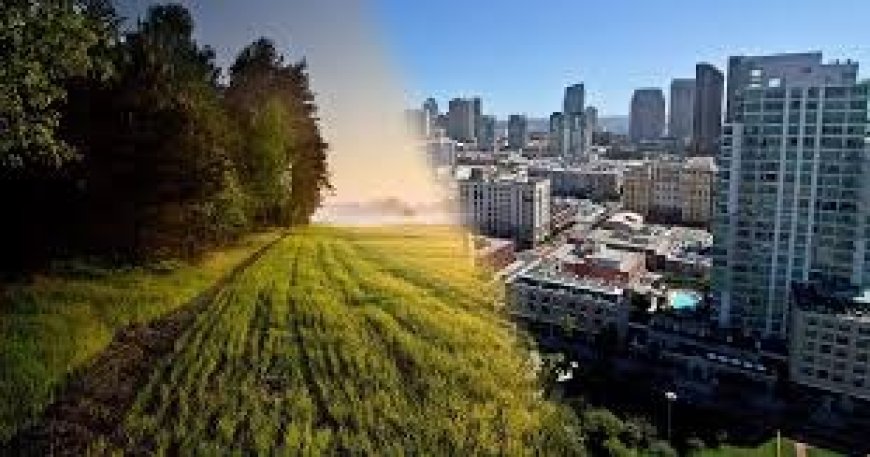
In the shadow of borders, the universal longing for belonging and acceptance rings true. If we can listen to these voices and acknowledge the intricate layers at play, we can begin to dismantle the stereotypes that bind us, paving the way for a future where diversity is celebrated, not feared. In the end, it is this shared humanity that will ultimately bridge the divides.
What's Your Reaction?







